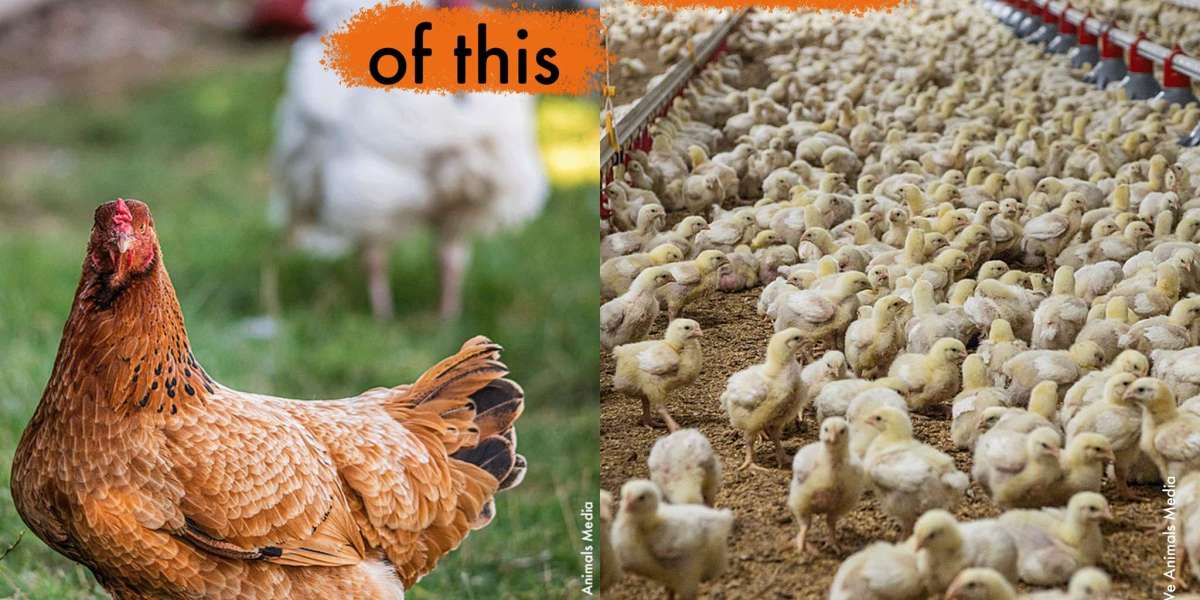Factory farming and animal rights are inextricably linked, representing two divergent perspectives on the treatment of animals within the food production industry. While factory farming prioritizes efficiency, productivity, and profit, animal rights advocate for the ethical treatment and welfare of all sentient beings, regardless of their species.
At the heart of the intersection between factory farming and animal rights lies the profound moral question of how we treat and value non-human animals. Factory farming operations confine millions of animals in overcrowded and often unsanitary conditions, where they are subjected to routine practices such as debeaking, tail docking, and castration without anesthesia. These practices not only cause physical pain and suffering but also deprive animals of the opportunity to engage in natural behaviors and express their inherent needs and desires.
Furthermore, factory farming perpetuates a system of exploitation and commodification that prioritizes human interests over those of animals. Animals raised in factory farms are treated as mere commodities, valued solely for their ability to produce meat, eggs, or milk, rather than as individuals with inherent worth and dignity. This commodification of animals undermines their fundamental rights to life, liberty, and freedom from harm.
Moreover, factory farming has profound implications for the environment and public health, further underscoring the importance of animal rights considerations. The intensive use of resources, including land, water, and feed, for livestock production contributes to deforestation, habitat destruction, and biodiversity loss. Additionally, the widespread use of antibiotics and growth hormones in factory farming poses risks to human health and undermines efforts to combat antibiotic resistance.
Addressing the intersection of factory farming and animal rights requires systemic change at both the individual and societal levels. By raising awareness about the ethical implications of factory farming and advocating for alternatives such as plant-based diets and sustainable agriculture, individuals can align their food choices with their values and reduce their contribution to animal suffering.
Furthermore, advocating for policy reforms and industry regulations that prioritize animal welfare, environmental sustainability, and ethical food production is essential for creating a more just and compassionate food system. By holding the factory farming industry accountable for its practices and promoting alternatives that respect the rights and welfare of animals, we can work towards a future where animals are treated with compassion, dignity, and respect, rather than as mere commodities to be exploited for profit.









